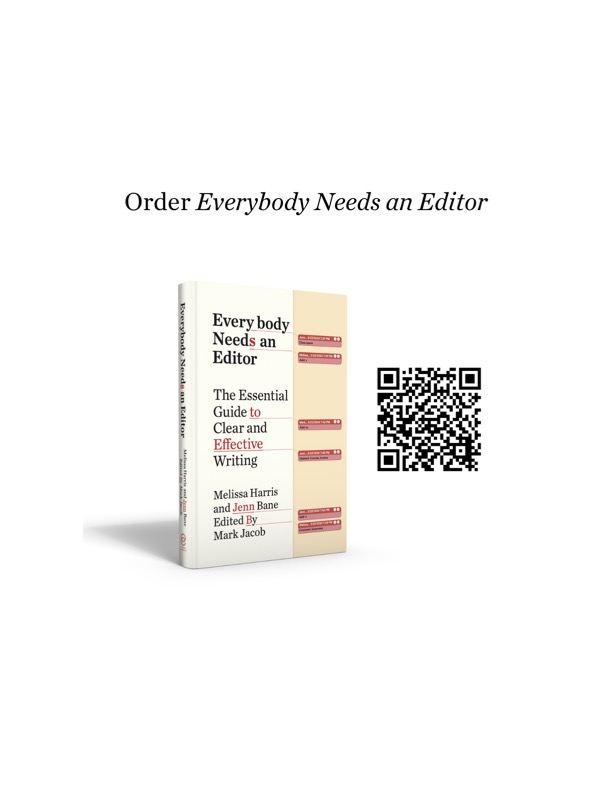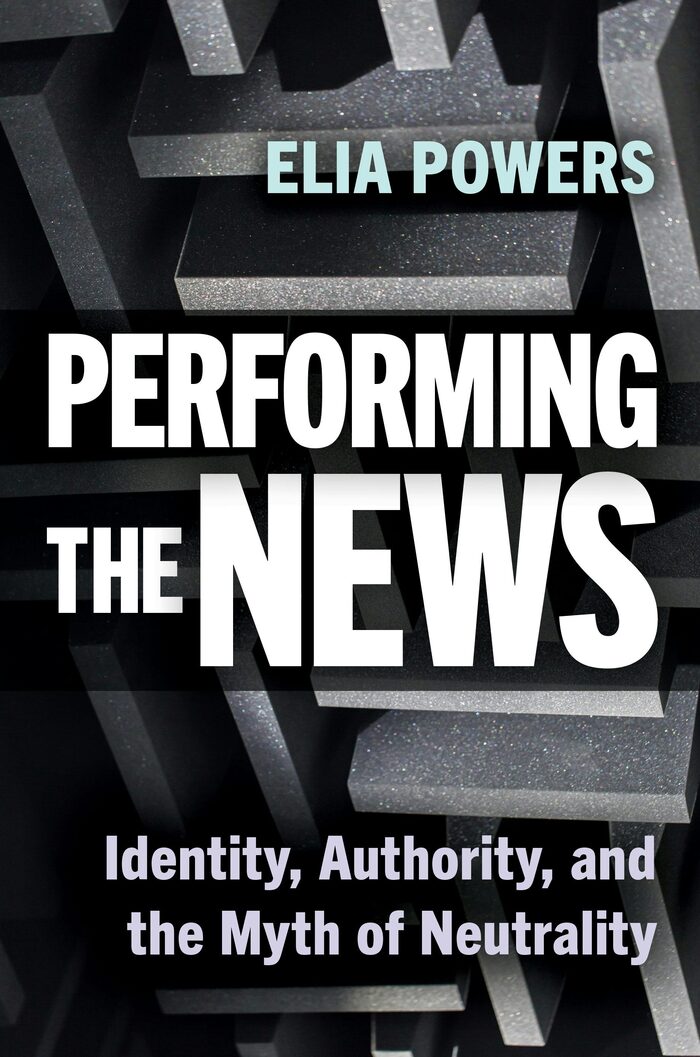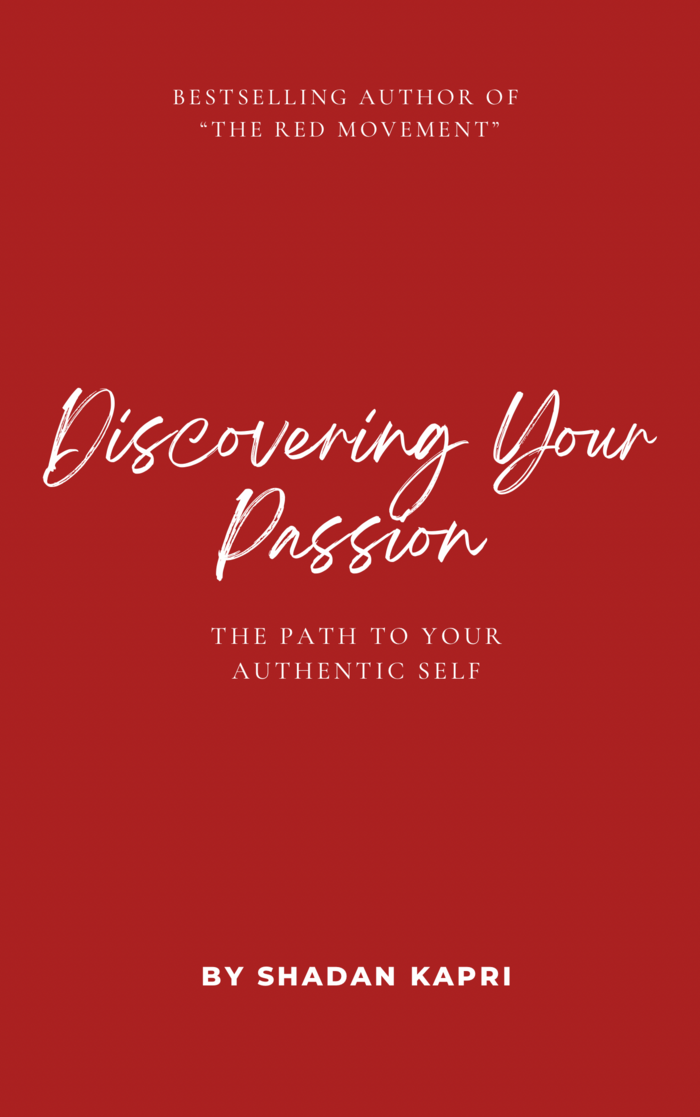Martha Hall Kelly (MSJ81)
2016: Thirty-four-year-old Mari Starwood is still grieving after her mother’s death as she travels to the storied island of Martha’s Vineyard, off the coast of Massachusetts. She’s come all the way from California with nothing but a name on a piece of paper: Elizabeth Devereaux, the famous but reclusive Vineyard painter. When Mari makes it to Mrs. Devereaux’s stunning waterfront farm under the guise of taking a painting class with her, Mrs. Devereaux begins to tell her the story of the Smith sisters, who once lived there. As the tale unfolds, Mari is shocked to learn that her relationship to this island runs deeper than she ever thought possible.
1942: The Smith girls—nineteen-year-old aspiring writer Cadence and sixteen-year-old war-obsessed Briar—are faced with the impossible task of holding their failing family farm together during World War II as the U.S. Army arrives on Martha’s Vineyard. When Briar spots German U-boats lurking off the island’s shores, and Cadence falls into an unlikely romance with a sworn enemy, their quiet lives are officially upended. In an attempt at normalcy, Cadence and her best friend, Bess, start a book club, which grows both in members and influence as they connect with a fabulous New York publisher who could make all of Cadence’s dreams come true. But all that is put at risk by a mysterious man who washes ashore—and whispers of a spy in their midst. Who in their tight-knit island community can they trust? Could this little book club change the course of the war . . . before it’s too late?









